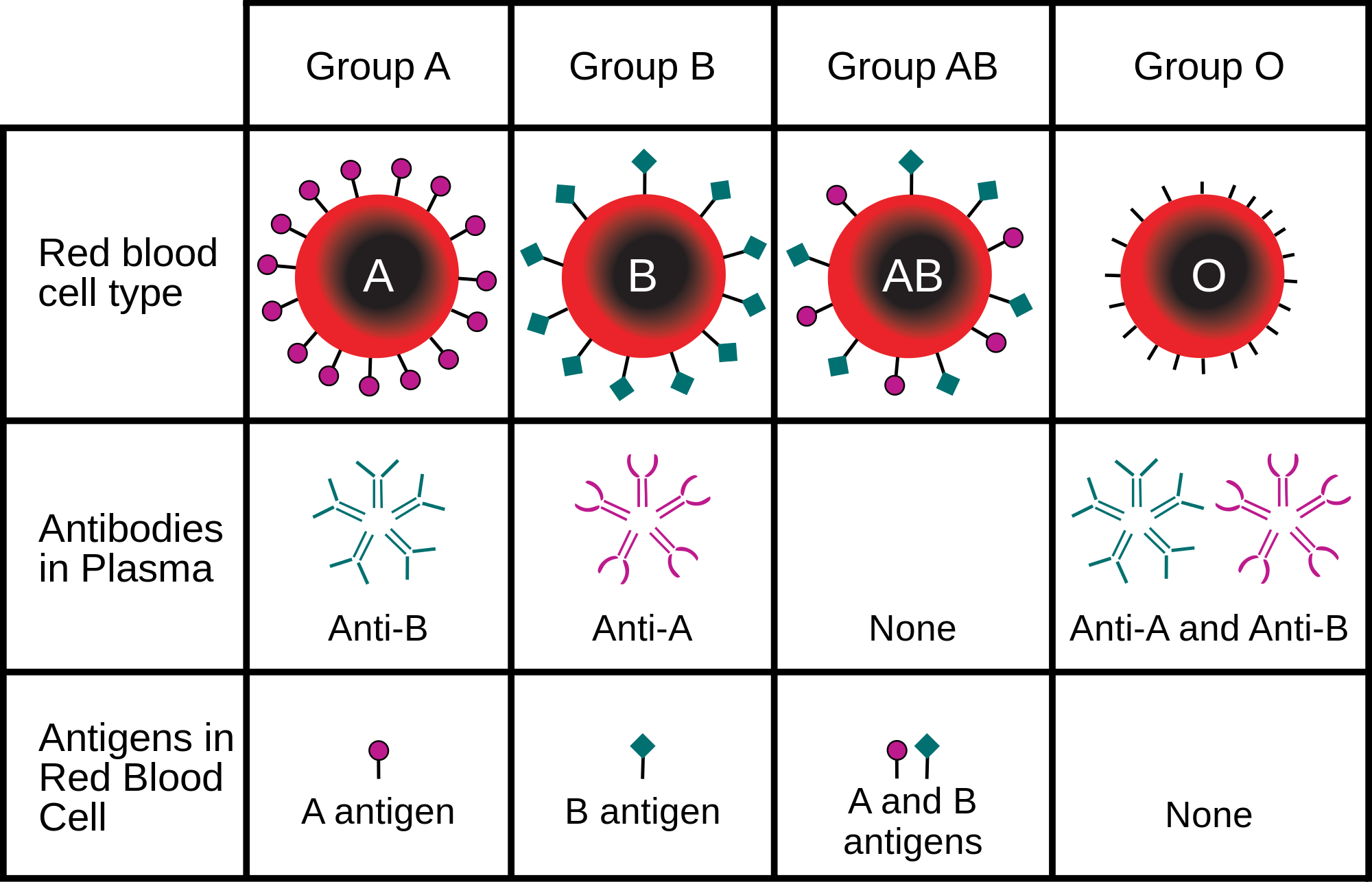

This is important when someone needs to receive blood (transfusion) or have an organ transplant. BMC is part of Springer Nature, giving us greater opportunities to help authors connect and advance discoveries across the world.People who have one blood type may form proteins ( antibodies) that cause their immune system to react against one or more of the other blood types.īeing exposed to another type of blood can cause a reaction. We are committed to continual innovation to better support the needs of our communities, ensuring the integrity of the research we publish, and championing the benefits of open research. A pioneer of open access publishing, BMC has an evolving portfolio of high quality peer-reviewed journals including broad interest titles such as BMC Biology and BMC Medicine, specialist journals such as Malaria Journal and Microbiome, and the BMC series. Critical Care aims to provide a comprehensive overview of the intensive care field.ģ. Critical Care aims to improve the care of critically ill patients by acquiring, discussing, distributing, and promoting evidence-based information relevant to intensivists. Critical Care is a high-quality, peer-reviewed, international clinical medical journal.
#BEING A BLOOD TYP O FREE#
All articles are available free of charge, according to BMC's open access policy.Ģ. If you are writing for the web, please link to the article.

Please name the journal in any story you write. The article is available at the journal website. The impact of blood type O on mortality of severe trauma patients: A retrospective observational study

Instead, the authors compared type O to non-O blood type which may have diluted the effect of individual blood types on patient survival. Additionally, there was no evaluation of the impact of the individual blood types A, AB or B on severe trauma death rates. The authors caution that all the patients whose data was analyzed in this study were Japanese and therefore there is a need for further research to understand if the findings apply to other ethnic groups. The authors used data from medical records of 901 patients with severe trauma who had been transported to either of two tertiary emergency critical care medical centers in Japan during 2013 to 2016. Further research is necessary to investigate the results of our study and develop the best treatment strategy for severe trauma patients.” Wataru Takayama said: “Our results also raise questions about how emergency transfusion of O type red blood cells to a severe trauma patient could affect homeostasis, the process which causes bleeding to stop, and if this is different from other blood types. The authors suggest that a lower level of the factor is a possible explanation for the higher death rate in trauma patients with blood type O. Lower levels of von Willebrand factor may be linked to higher levels of haemorrhage. Patients with blood type O have been shown to have lower levels of von Willebrand factor, a blood clotting agent, than those with other blood types.

We wanted to test the hypothesis that trauma survival is affected by differences in blood types.” Loss of blood is the leading cause of death in patients with severe trauma but studies on the association between different blood types and the risk of trauma death have been scarce. Wataru Takayama, the corresponding author said: “Recent studies suggest that blood type O could be a potential risk factor for hemorrhage (bleeding in large quantities). Researchers at Tokyo Medical and Dental University Hospital, Japan found that severe trauma patients (those with an injury that has the potential to cause long-term disability or death) with blood type O had a death rate of 28%, compared to a rate of 11% in patients with other blood types.ĭr. Blood type O is associated with high death rates in severe trauma patients, according to a study published in the open access journal Critical Care that involved 901 Japanese emergency care patients.


 0 kommentar(er)
0 kommentar(er)
